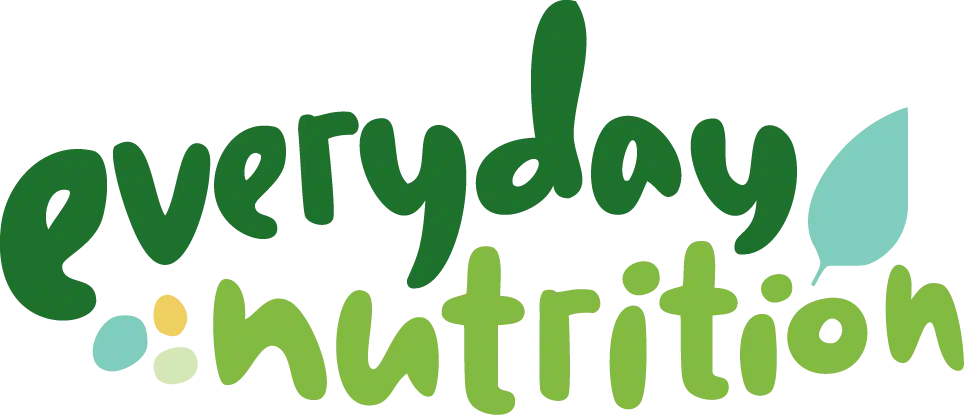Do you experience gut issues with wheat, despite testing negative for Coeliac Disease? You must be gluten sensitive, right? Well, maybe not. Interestingly, emerging scientific research is starting to show that in this situation it may actually be a different part of the wheat (a type of FODMAP) that is the issue and not be the gluten after all.
What is Gluten?
Gluten is a collective term for proteins naturally found in wheat, barley, rye, and oats. In individuals with Coeliac Disease, consuming gluten triggers an abnormal immune response, damaging the small bowel lining. This damage can lead to various issues such as abdominal symptoms, iron deficiency, osteoporosis, fertility problems, and even lymphoma. Coeliac Disease management requires a lifelong strict gluten-free diet, including precautions to prevent cross-contamination.
What are FODMAPs?
FODMAPs refer to four groups of short-chain carbohydrates (or sugar molecules) found in wheat, barley, rye, honey, milk, legumes, and certain fruits and vegetables. FODMAPs are poorly absorbed in the small intestine, and instead travel to the large intestine where they may be fermented or attract water resulting symptoms of gas bloating, cramps, pain and altered bowel movements. While this is not dangerous, these symptoms can be severe and quite debilitating.
In people who struggle with FODMAPs, reducing the amount of FODMAPs eaten can provide a marked improvement in gut symptoms and quality of life.
| Fermentable | Molecules resist digestion, pass through the digestive tract to the colon where they are fermented, creating IBS symptoms. |
Oligosaccharides | “oligo” means “few” and “saccharide” means sugar. These molecules made up of individual sugars joined together in a chain. Include Fructans & Galactans found in onion, garlic, wheat, barley, rye, inulin, some dried fruit and Legumes (kidney beans, lentils, chickpeas, soy beans). |
Di-Saccharides | “di” means two. This is a double sugar molecule. Lactose is the di-saccharide found in milk, yoghurt, some soft cheese’s, ice cream, custard and cream. |
Monosaccharides | “mono” means single. This is a single-sugar molecule. Fructose in excess of glucose found in asparagus, apples, mango, honey, cherries, some dried fruit, pears, juice and high fructose corn syrup. |
And Polyols | Sugar alcohols including Sorbitol & Mannitol found in cauliflower, mushrooms, snow peas, stone fruit and certain artificially sweetened products e.g. mints and gums. |
Why the confusion?
Wheat contains both gluten (a type of protein) and FODMAPs (a type of carbohydrate). Removing wheat from the diet eliminates both, making it challenging to determine if relief is due to the removal of the gluten or the FODMAPs.
One of the reasons its good to know which one is causing issues for you is that not all gluten-free foods are low FODMAP, and not all low FODMAP foods are gluten free. Knowing which is most problematic for you helps make shopping much easier, symptom management more effective and gives you more variety in your food options too.

Where to from here?
Well, the symptoms of coeliac disease and IBS can be identical, yet both are managed differently. To start with, you want to know which you have so that you can decide on the pan of attack that is likely to give you best results.
If you have gut symptoms and think wheat might be part of the problem, start by seeing your doctor and be tested for coeliac disease. It’s important to do this before you change your diet, as if you are already gluten free the test may not be accurate.
If you are already gluten free and still getting symptoms, seeing a specialist dietitian like one of our team, can help you work out if the low FODMAP diet worth exploring and how to go about getting an accurate test result for coeliac disease.
Final Thoughts
When it comes to wheat, things are not always clear cut. As scientific research advances, we are starting to understand a clear distinction between different parts of the wheat and their involvement in generating gut symptoms which in turn means better symptom management and more dietary freedom for those suffering.
Everyday Nutrition dietitians are gut health experts with the knowledge and skills to support you with personalised advice and gut health solutions. We consult privately in Melbourne’s inner south east and via Telehealth around Australia. Make an appointment today to resolve digestive issues and make peace with food.








4 Comments